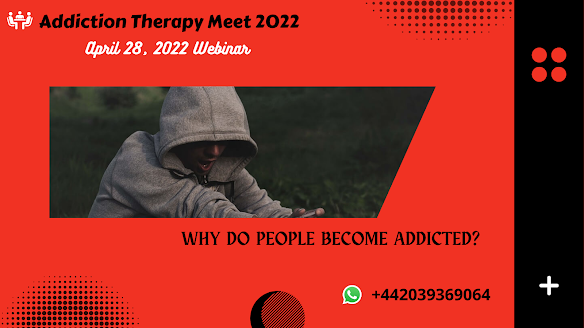Why do people become addicted?

There is no single cause for addiction, and anybody may acquire an addiction to anything. Environmental and genetic variables, on the other hand, are two major reasons that might render someone prone to addiction. A home environment where trauma , abuse, or addictive behaviours occur; a living environment where drugs, alcohol, or other addictions are easily accessible and occurring; friends, family members, or other peer influences of individuals who are addicted or regularly engage in problematic behaviours; social acceptance of problematic behaviours; or a culture that generally accepts addiction are all examples of environmental variables. A family history of mental illness or addiction is one of the genetic factors. Aside from genetic and environmental risk factors, there are a number of other elements that might increase one's chances of developing an addiction. Individuals with underlying mental health concerns like anxiety or depression are more li...

